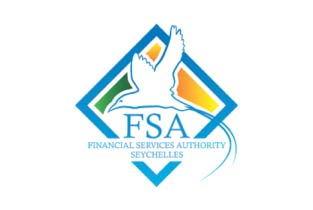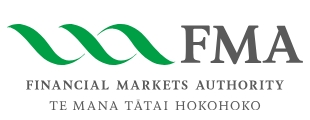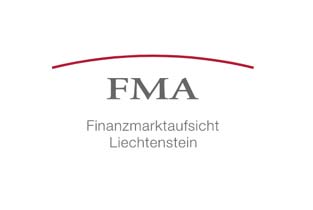










U.S. Securities and Exchange Commission (SEC)
SEC enforces U.S. securities laws to protect investors and maintain fair markets.
Tags:Forex RegulationBasic Information
The U.S. Securities and Exchange Commission (SEC) is an independent federal regulatory agency established under the Securities Exchange Act of 1934. Headquartered in Washington, D.C., it oversees securities markets, enforces federal securities laws, and protects investors. The SEC operates with a mission to maintain fair, orderly, and efficient markets while facilitating capital formation. Its current chairman is Paul S. Atkins, appointed in 2025, leading a team of five commissioners with staggered five-year terms.
Historical Background
The SEC was created in response to the 1929 stock market crash and subsequent Great Depression. Signed into law by President Franklin D. Roosevelt as part of the New Deal, it aimed to restore investor confidence by combating fraud and ensuring transparency. The Securities Act of 1933 and Securities Exchange Act of 1934 laid its foundation, with Joseph P. Kennedy Sr. serving as its first chairman. Over decades, the SEC expanded its regulatory scope through legislation like the Sarbanes-Oxley Act (2002) and adapted to modern challenges such as cryptocurrency regulation.
Legal Authority and Regulatory Framework
The SEC derives its authority from multiple statutes:
- Securities Act of 1933: Requires disclosure of financial information for public securities offerings.
- Securities Exchange Act of 1934: Governs secondary trading and established the SEC as the primary regulator.
- Investment Company Act of 1940 and Investment Advisers Act of 1940: Regulate investment funds and advisors.
- Sarbanes-Oxley Act (2002): Enhances corporate accountability and financial reporting.
- Dodd-Frank Act (2010): Strengthens whistleblower protections and derivatives oversight.
It also enforces rules against market manipulation, insider trading, and fraudulent disclosures.
Key Responsibilities and Regulatory Scope
The SEC’s core functions include:
- Market Oversight: Monitoring securities exchanges, brokers, dealers, and self-regulatory organizations (e.g., FINRA).
- Disclosure Enforcement: Mandating public companies to file periodic reports (e.g., 10-K, 10-Q) via the EDGAR system.
- Investor Protection: Investigating violations, pursuing civil actions, and collaborating with the DOJ on criminal cases.
- Rulemaking: Updating regulations to address emerging risks, such as cybersecurity and crypto assets.
While primarily focused on equities and bonds, the SEC also oversees certain forex-related activities involving securities or fraud.
Contact Information
Headquarters Address:
U.S. Securities and Exchange Commission
100 F Street NE
Washington, D.C. 20549
Key Contact Channels:
- Complaints/Questions: Submit via the SEC Complaint Form or email specific divisions listed on the official website.
- Phone: Main line: +1-202-551-6551; Investor Assistance: +1-800-732-0330.
- Regional Offices: 11 regional offices across the U.S., including New York, Chicago, and Los Angeles.
Verification of Regulatory Status
To confirm if an entity is SEC-regulated:
- EDGAR Database: Search for company filings at sec.gov/edgar/searchedgar/companysearch.
- BrokerCheck: Verify brokers/advisors via FINRA’s BrokerCheck tool (finra.org/brokercheck).
- Investment Adviser Public Disclosure (IAPD): Check SEC-registered advisors at adviserinfo.sec.gov.
- Direct Inquiry: Contact the SEC’s Office of Investor Education (+1-800-732-0330).






